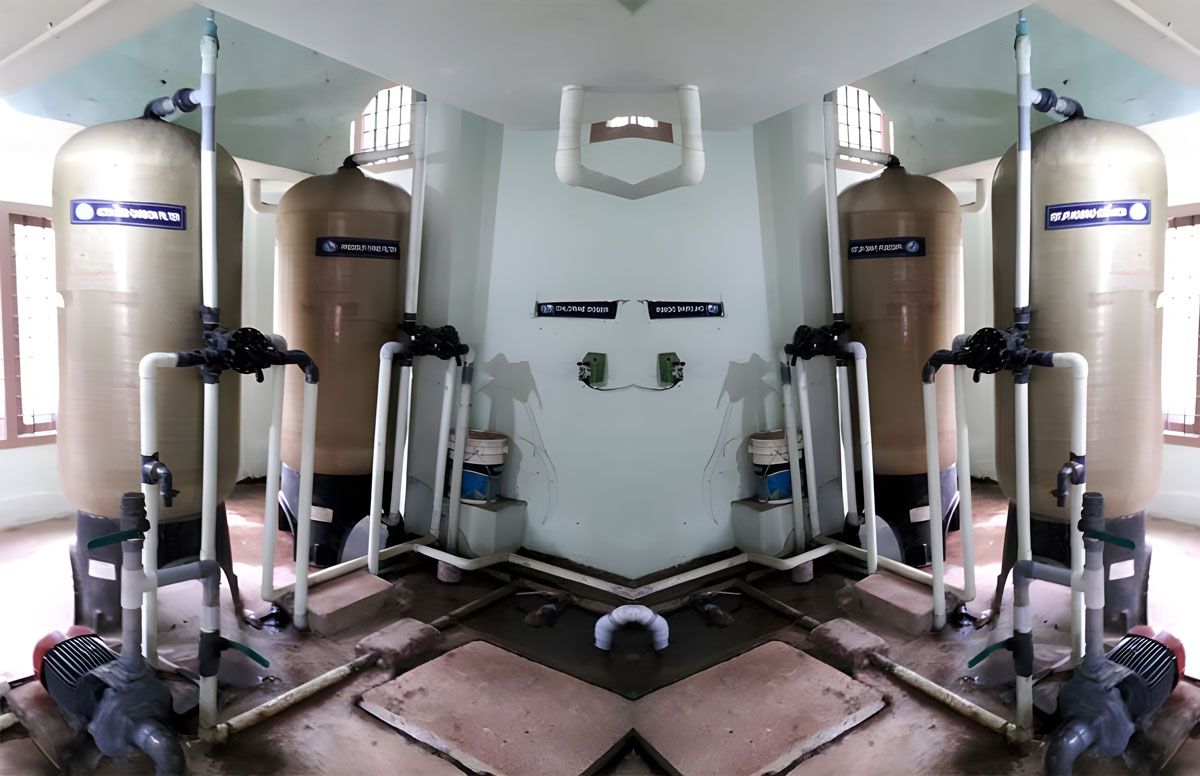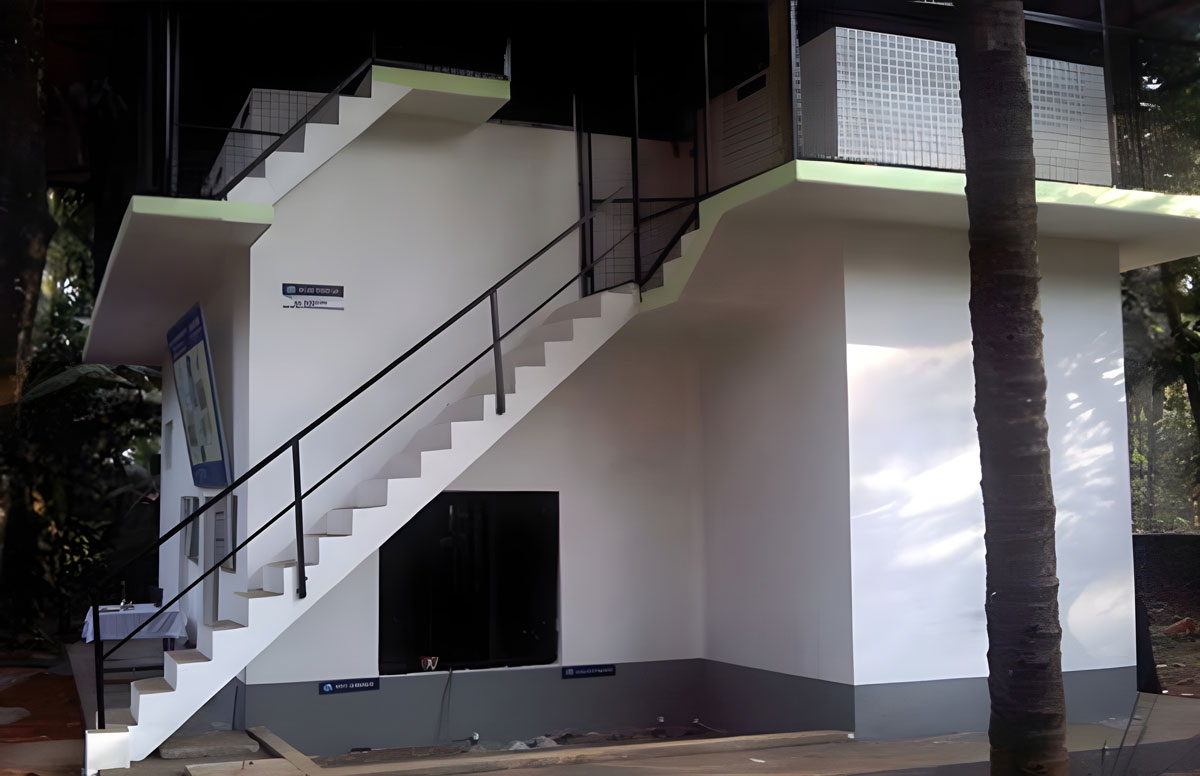About client
Yuvakshetra Institute of Management Studies, situated in Ezhakkad, Mundur-II, Palakkad, embarked on a significant initiative in 2012 with the design and installation of a Sewage Treatment Plant (STP).
In addition to the initial setup, the institute demonstrated its commitment to the long-term functionality of the water treatment system by instituting an Annual Maintenance Contract (AMC). This contract underscores Yuvakshetra Institute of Management Studies’ proactive approach to regular maintenance, ensuring the continued efficiency and effectiveness of the STP. Through these combined efforts, the institute not only prioritizes the well-being of its students and staff but also exemplifies responsible and sustainable practices in water management within its campus.
Project information
Organization
Yuvakshetra Institute of Management Studies
Location
Ezhakkad, Mundur-II, Palakkad
Service Provided & Year
STP - Design, Installation (2012), AMC (Annual Maintenance Contract on current year)
Technology
GS (Global System, an Integrated System of Anaerobic & Aerobic biodegradation process.)
Capacity
150 cubic meters per day


Project goals
The project at Yuvakshetra Institute of Management Studies, initiated in 2012, aimed to establish a Water Treatment Plant (WTP) with a daily capacity of 150 cubic meters, incorporating Global System (GS) technology. This visionary initiative sought to ensure a consistent and purified water supply, aligning with the institute’s commitment to providing a sustainable and environmentally conscious infrastructure. The overarching goal was to create an optimal learning environment, fostering quality education and well-being for students and staff. The institute’s dedication is further emphasized through the implementation of an Annual Maintenance Contract (AMC), reflecting a commitment to ongoing maintenance for the continued efficiency of the water treatment system. This project exemplifies Yuvakshetra Institute of Management Studies’ commitment to responsible and sustainable practices in water management while prioritizing the needs of its academic community.


